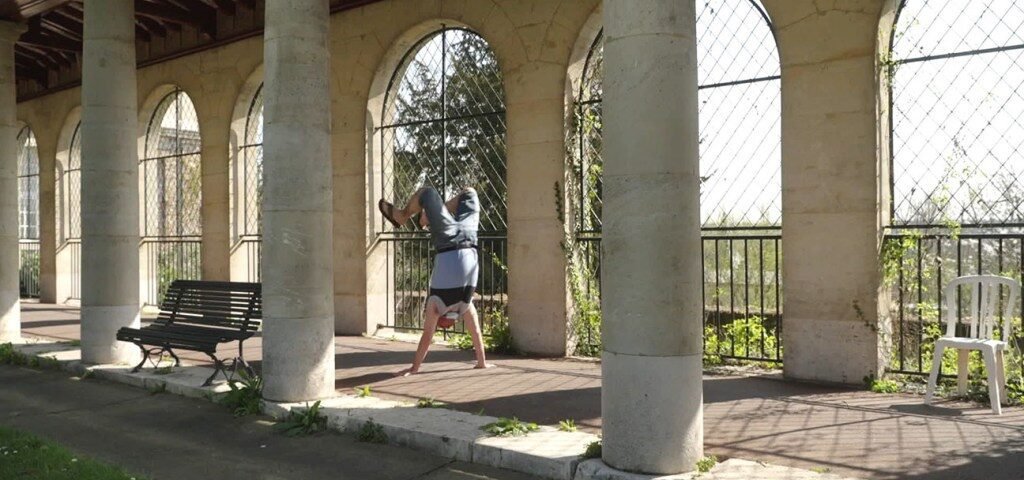


‘Cuckoo’ Review: Hunter Schafer and Dan Stevens Keep You Glued Even When This Reproductive Horror Careens Off the Rails
February 20, 2024


‘God & Country’ Review: A Bracing, Rob Reiner-Produced Primer on the Dangers of Christian Nationalism
February 21, 2024French director Nicolas Philibert follows up ‘On the Adamant,’ which won Berlin’s Golden Bear prize last year, with another deep dive into a psychiatric facility.
At Averroes and Rosa Parks
Endearing and eye-opening.
Plenty of worthy documentaries manage to tackle a subject from all angles, offering a well-rounded portrait of a specific social issue, historical figure or cultural phenomenon. Much rarer are those that go beyond the subject to reveal something deeply and essentially human, using the camera to uncover truths that aren’t always visible to us.
By giving the patients considerable time and space to bare themselves before the camera, Philibert grants us access to the the darker sides of the human psyche, portraying mental illness with an innate sense of compassion and understanding. We wind up empathizing with the patients because we see them as people, not just as patients. And we catch a rare and very real glimpse of the thin line that sometimes separate us from them.
Like in his other movies, including the 2002 schoolhouse chronicle, To Be and To Have, Philibert served as cinematographer and editor, and he has a particular gift for capturing life without seeming to interrupt it. Here, the patients speak freely and willingly to their psychiatrists as we look on, describing symptoms of depression, paranoia and other, more severe disorders. Almost all of them want to “return to the reality of life,” but they’re not all able to do it. They grasp what their problems are, sometimes quite acutely, but that doesn’t mean they can overcome them.
“I want to make it whatever happens,” says one hopeful patient early on, though he never seems to leave the facility afterwards. Another patient — a brilliant philosophy teacher with several PhDs — quotes from the writings of Aristotle and Nietzsche, describing himself as a “metaphysical chameleon.” And yet his superior intellect doesn’t prevent him from remaining in the hospital for several months — a fact he attributes to a bad LSD trip when he was young, claiming that he “paid a high price to see god.”
Even those barely able to communicate — including an older woman who tragically sets herself on fire toward the end of the film — manage to convey something about their conditions, guided by a handful of doctors armed with an extreme level of calm. When they speak to the patients, they can be blunt, playful, clinical and disarming all at once. Most of all, they have a sharp sense of observation and an openness to the human suffering they encounter, which are qualities Philibert seems to possess as well.
In the film’s opening sequence, which features overhead footage shot with a drone, someone describes the Esquirol complex as a typical example of neoclassical architecture used for “jails, hospitals and prisons.” There are times in Philibert’s movie when the facility can indeed resemble all three of those things. But most of the time, it feels like a place where everyone, even the most blighted, can have their say.





